I recently spent a night camping in the backcountry of Great Smoky Mountains National Park. Because of a bear that was likely fed by humans, it was not a peaceful night. This bear was not exhibiting normal behavior such as running away when confronted with shouting, hand-waving, loud humans. Instead of making a fast retreat, this bear actually came towards us, as if looking for a handout. Did that bear do that a different day and get someone to toss him some food? Did that bear find some scraps that some careless human dropped after lunch and didn’t bother to pick up, thinking it wasn’t important?
If you’ve been following me on Instagram, you’ve probably seen my recent movies of two bear cubs wresting and playing and having a good old time. Know why I’ve been seeing them so regularly? Because my neighbors feed them!! They have multiple outdoor cats and leave bowls of food outdoors–daily! There is no way these people don’t know that their cat food is attracting bears! But yet, they continue to do this. The bears (and raccoon, opossums, coyotes, etc) in my neighborhood now make a beeline for the neighbors’ property regularly, several times a day, and often in the middle of the day when bears are not normally active. These bears are being taught that human dwellings mean reliable food.
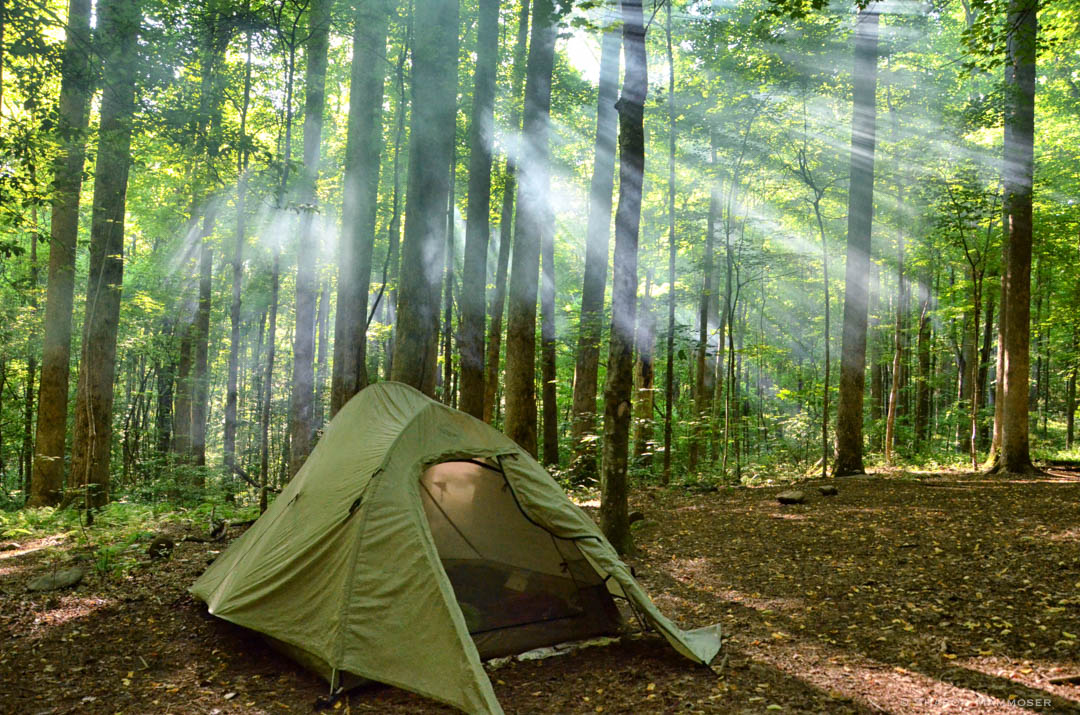
Did you know bears that have been fed by humans may lose their natural fear of people? This may not seem like the worst thing in the world but consider that when this happens, bears might approach people thinking they will get another handout.
What happens when that human is a child? Or someone that is so afraid of this approaching bear that he or she runs away? Or if the human has a dog in tow? Or when some other unsuspecting homeowner nearby is having an outdoor picnic, or leaves a screen door unsecured? It is possible the bear may get involved in a way that causes property damage or even harm to a person or pet. And then what usually happens is someone steps in to kill the bear, though the authorities would never use that word, instead trying to make it sound nicer by saying euthanize. Whatever word is used, the result is the same– the bear pays the price for the ignorant, uncaring, or selfish human.
The bear is always the one to pay the price.
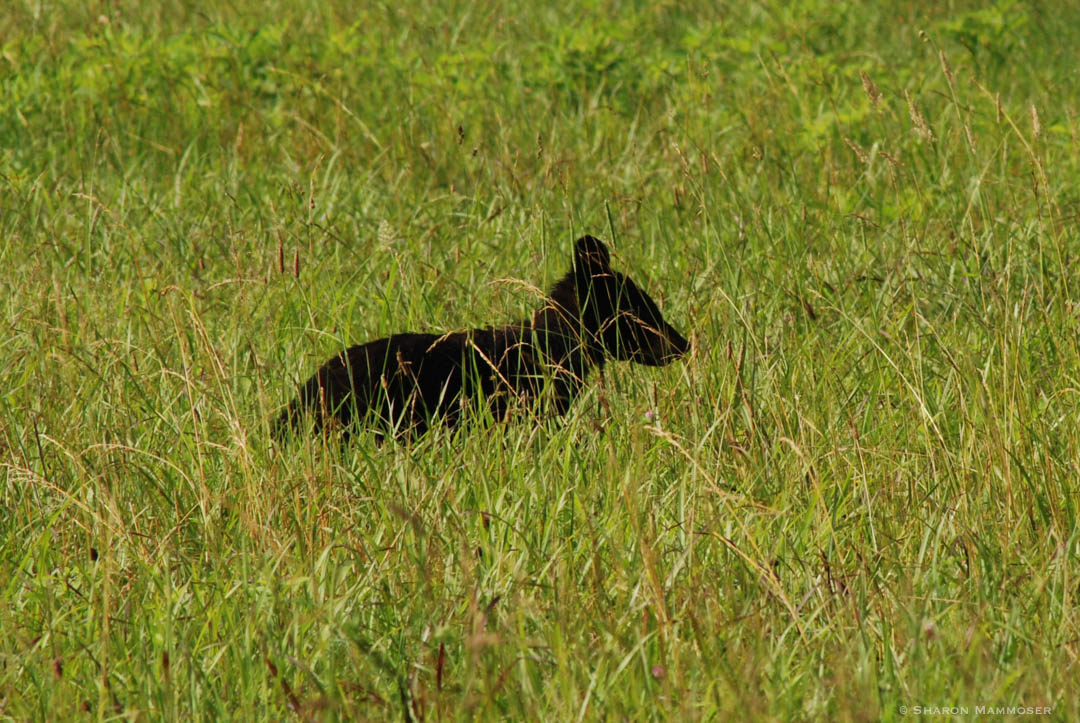
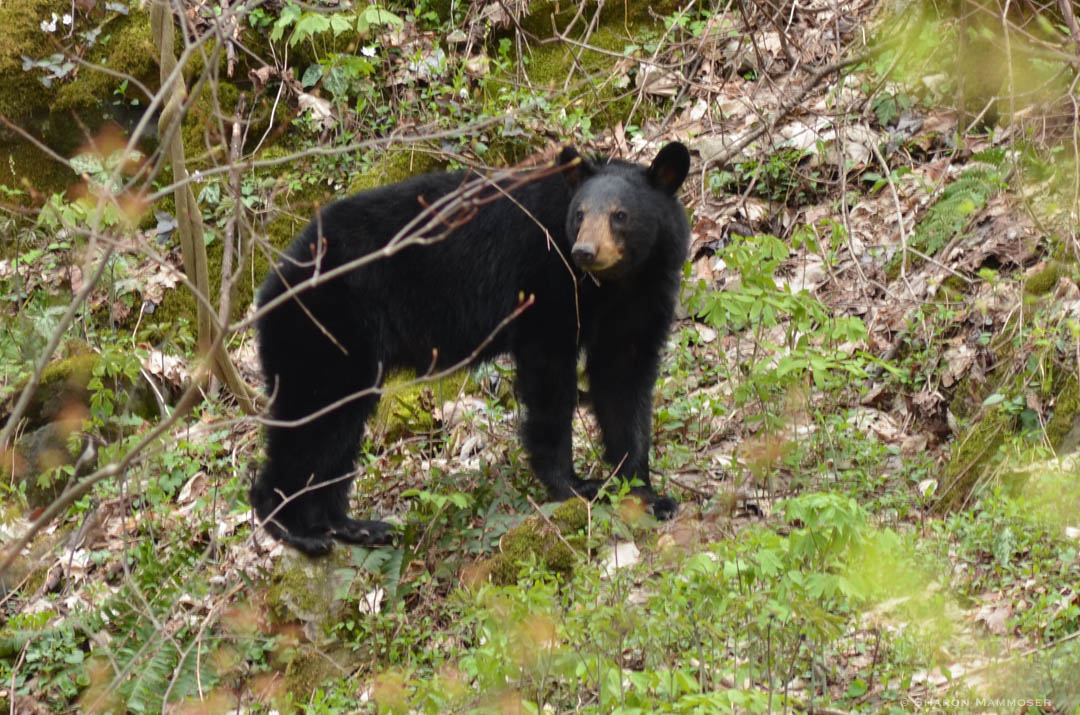
Bears–raccoons, opossums, and other wild animals– are smart and will return to places where they got a food reward. That could be some scraps that a hiker left on the ground after eating lunch. It could be a bowl of cat food left outside for a wandering outdoor cat. It could be pet food left out intentionally for a family of raccoons. It could be scraps of food campers or hikers didn’t feel like carrying anymore. It could be a porch where someone left out some doughnuts so they could score a great photo of a bear for social media. In all of these cases, the results will be the same–the bear learns that people mean food, and then slowly loses fear of humans and approaches these places looking for more.
You’ve likely heard the saying, “A FED BEAR IS A DEAD BEAR.“
This is true. Bears are wild animals and need to stay wild. Sometimes well-meaning people think they have to “help” wildlife by providing food, but as you likely know, bears have been just fine fending for themselves for thousands of years. If people really care about bears and other wild animals, they will do everything they can to keep the bears wild.
Besides a bear losing its natural fear of humans, the food is not a natural food for the bear and may cause digestive issues. Animals need the gut bacteria to digest their food, the same way humans do. When an unnatural food is introduced into the stomach of a bear, a duck or goose, turtle or even a fish, (think pieces of bread), a raccoon, opossum or any wild animal, it may cause that animal, or those animals, to be sick.
If we really do care about the animals who share our yards and wild spaces, we have to start acting in ways that isn’t harming them.
The BearWise Basics:
- Never feed or approach bears
- Secure food, garbage and recycling
- Remove bird feeders when bears are active
- Never leave pet food out
- Clean and store grills
- Let neighbors know
The best solution is simply letting the animals do what they do, without interference from us humans. If you are lucky enough to see a bear in your yard, or in the forest, great! By all means watch and enjoy it from a distance. It’s wonderful to get a sneak peak into the life of a wild animal!! But attracting bears intentionally with food is dangerous to the bears. I know you’ll help me spread the word that feeding bears– for any reason– is a bad idea. Thanks– from me, and from the bears who have no voice.

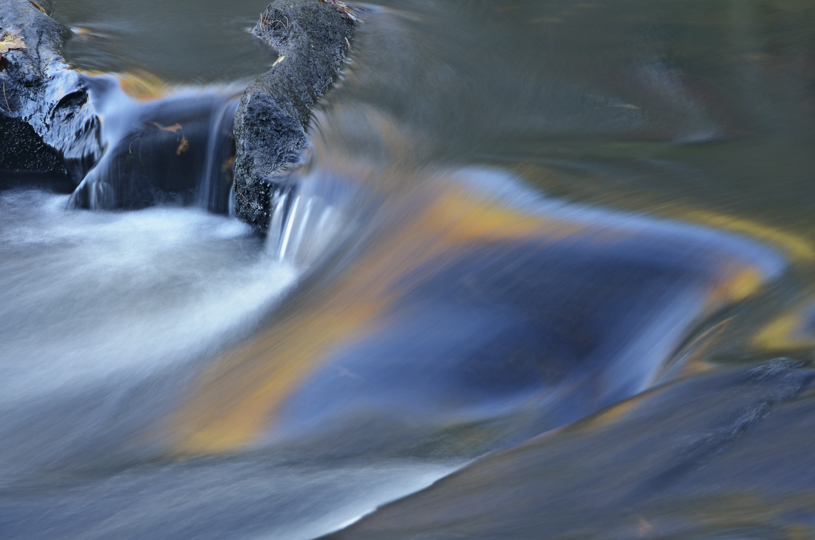
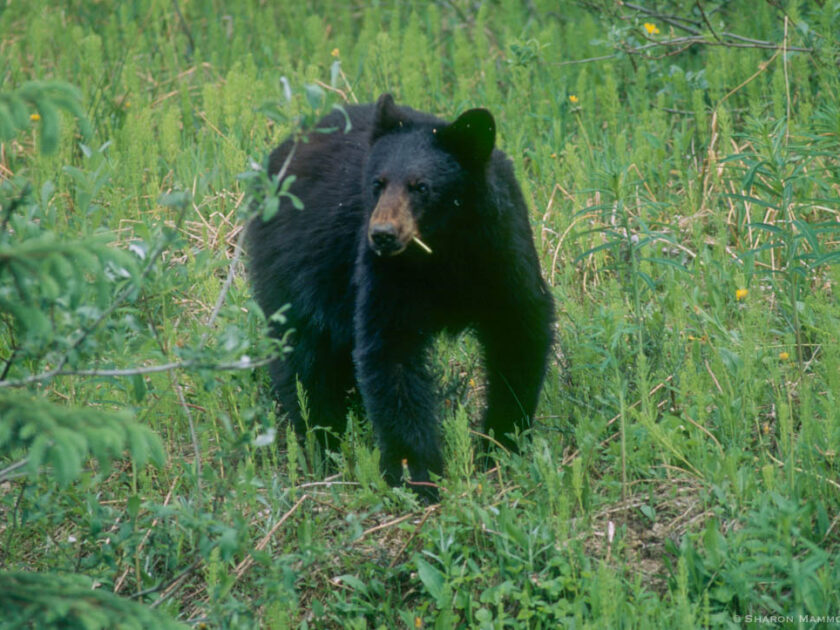
Thank you for such an informative and helpful article! We are new to the area and have a lot to learn about the wildlife here. We enjoy your work and appreciate all you do to help educate us! Wishing you well, Sharon! Amanda and Lisa
Thanks Amanda and Lisa for reading and taking time to write! (And also for coming out to see the blue ghosts!)It’s always nice to hear my posts are helpful. Welcome to western NC! I know you guys will love it here.